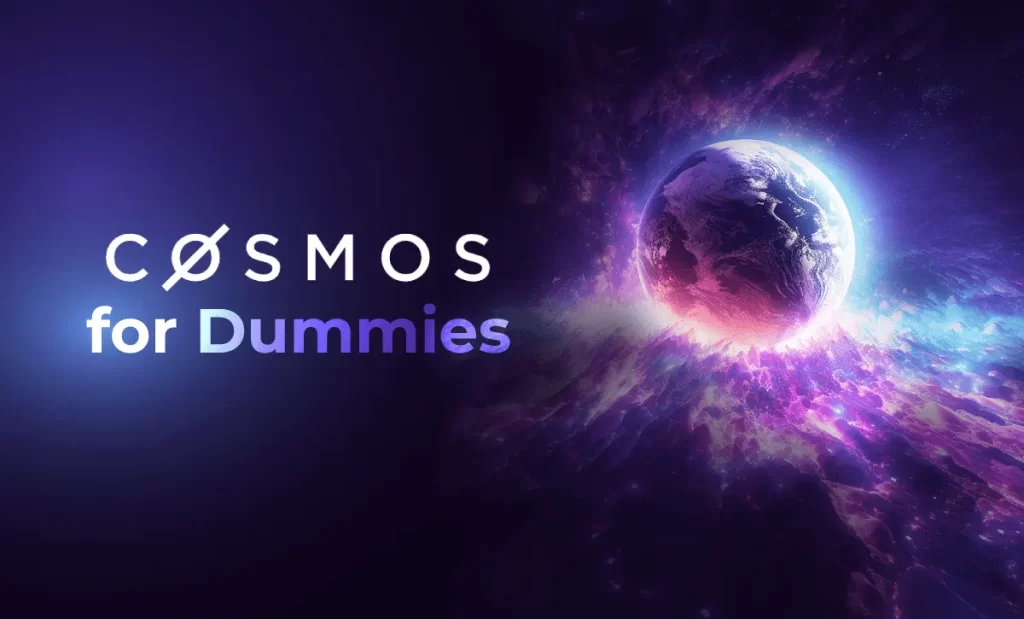In the ever-evolving landscape of blockchain technology, Cosmos emerges as a beacon of innovation, promising to reshape how decentralized networks operate and interact. At its core, Cosmos is not just another blockchain platform; it is a decentralized network of independent blockchains, each capable of seamless interaction through advanced protocols like Inter-Blockchain Communication (IBC).
Let’s explore the fundamental concepts behind Cosmos, its key components such as the Cosmos Hub and CometBFT consensus algorithm, and its pivotal role in addressing critical challenges within the blockchain industry. By focusing on scalability, interoperability, and usability, Cosmos stands poised to unlock new possibilities for blockchain applications and propel the industry towards a more interconnected and efficient future.
What is Cosmos?
Cosmos is a decentralized network of independent, parallel blockchains, each capable of interacting with one another through the Inter-Blockchain Communication (IBC) protocol. The primary goal of Cosmos is to enable a new era of blockchain scalability and interoperability, addressing the limitations of earlier blockchain networks like Bitcoin and Ethereum.
Cosmos has four key components: the Cosmos Hub, CometBFT, IBC protocol, and Cosmos SDK. Let’s dive into each one of them. The Cosmos Hub is the first blockchain launched within the Cosmos Network and serves as the central hub that connects various blockchains (referred to as zones) within the network. The Cosmos Hub operates on the CometBFT consensus algorithm, which ensures high performance and security.
CometBFT is the consensus engine used by Cosmos.
It is a Byzantine Fault Tolerant (BFT) consensus algorithm that allows multiple nodes to reach a consensus on the state of the blockchain. CometBFT builds on the strengths of its predecessor, Tendermint, offering enhanced performance and security features. This ensures that the network remains secure even if some nodes act maliciously.
The IBC protocol is the cornerstone of Cosmos’ interoperability feature. It allows different blockchains to communicate and transfer value seamlessly, facilitating a new level of interconnectedness among various decentralized networks.
Cosmos SDK (Software Development Kit)
The Cosmos SDK is a modular framework that enables developers to build custom blockchains with ease. By providing pre-built modules, the SDK simplifies the development process and allows for greater flexibility and customization.
Cosmos plays a crucial role in the blockchain industry by addressing some of the most significant challenges that have hindered blockchain adoption and growth. Its focus on scalability, interoperability, and usability sets it apart from earlier blockchain networks. By enabling different blockchains to interoperate, Cosmos breaks down the silos that have traditionally existed in the blockchain space. This fosters innovation and collaboration, paving the way for more advanced and interconnected blockchain applications.









